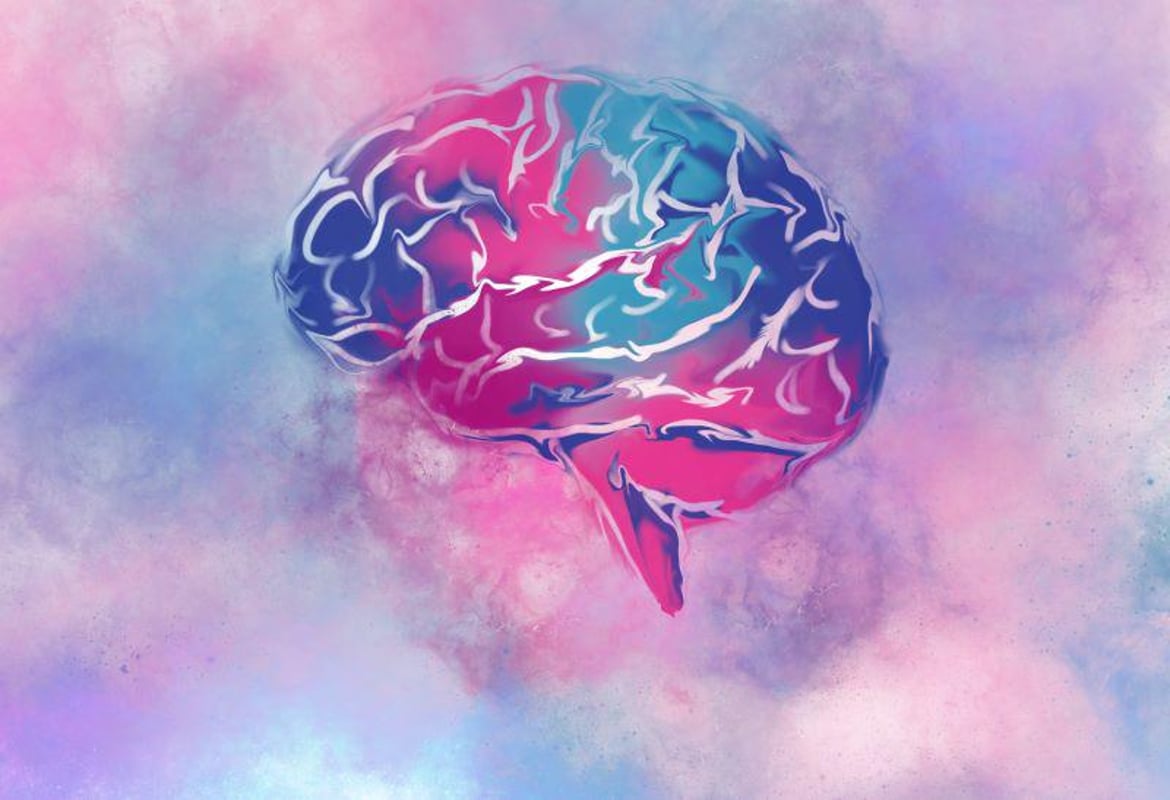Australian Footballer Is First Female Athlete to Receive Diagnosis of CTE

WEDNESDAY, July 5, 2023 (HealthDay News) -- Heather Anderson, a star Australian rules football player who died last November, is the first female professional athlete to be diagnosed with chronic traumatic encephalopathy, or CTE.
"She is the first female athlete diagnosed with CTE, but she will not be the last," researchers wrote in a paper published Friday, NBC News reported. Anderson was 28 years old when she died from what was believed to be suicide.
The finding was made possible after Anderson's family donated her brain to the Australian Sports Brain Bank, hoping to discover "whether a lifetime of exposure to repetitive head trauma contributed to her death," according to a report cowritten by one of the researchers. It was published on a nonprofit academic news site, The Conversation.
Michael Buckland, M.D., director of the Australian Sports Brain Bank, identified low-stage CTE when conducting the postmortem analysis. "There were multiple CTE lesions as well as abnormalities nearly everywhere I looked in her cortex. It was indistinguishable from the dozens of male cases I've seen," Buckland said in a news release from the Concussion Legacy Foundation, a nonprofit organization based in the United States.
Although women athletes previously had not been diagnosed with CTE, evidence suggests women are more susceptible to concussions in sports than men, according to the researchers.
"Research shows women have an equal or greater susceptibility to concussion in contact sports, but we don't yet know what that means for their risk of developing CTE," said Robert Cantu, M.D., a cofounder and medical director of the Concussion Legacy Foundation. "We urgently need to accelerate research on CTE in women so we can prevent future cases, better understand how CTE impacts their behavior and cognition, and treat those who develop symptoms."
Symptoms associated with the condition include issues with walking and balance, trouble thinking, memory loss, and behavioral changes, such as impulsive behavior and aggression, NBC News reported. Depression, apathy, substance misuse, and suicidal thoughts or behavior are others.
Related Posts
Se disparan los casos de ETS en EE. UU. en medio de llamadas a mejores esfuerzos de prevención
MARTES, 20 de septiembre de 2022 (HealthDay News) -- Un creciente número de...
Debt Valuation of Private Equity-Backed Dermatology Groups Down
WEDNESDAY, March 9, 2022 (HealthDay News) -- Debt valuation of dermatology...
‘Secure Attachment Style’: Parents, Here’s What to Know
WEDNESDAY, May 24, 2023 (HealthDay News) -- Picture this: A child running...
Risk for T2DM Reduced With Higher Daily Step Count
TUESDAY, Dec. 20, 2022 (HealthDay News) -- Being more active is associated with...
